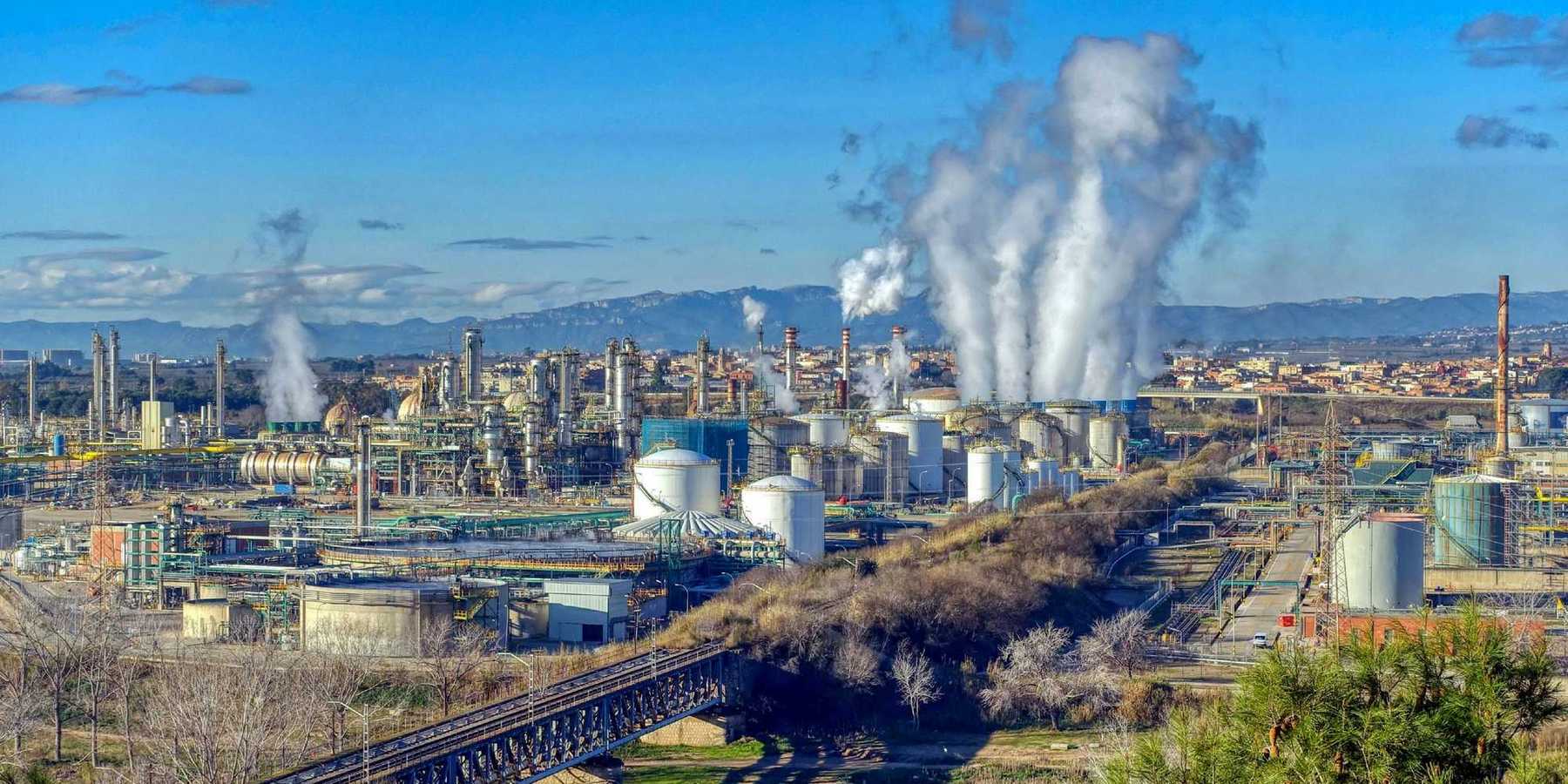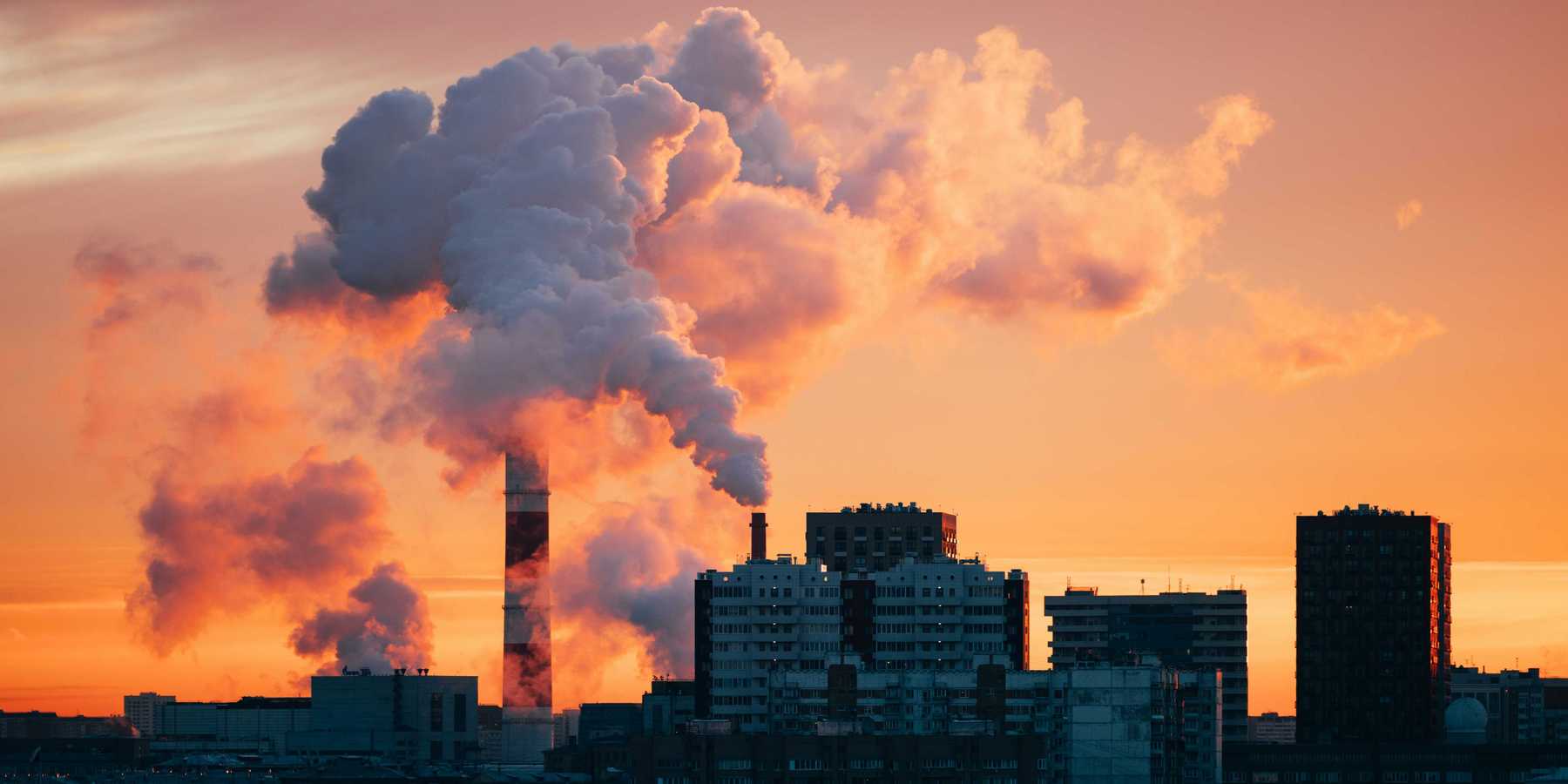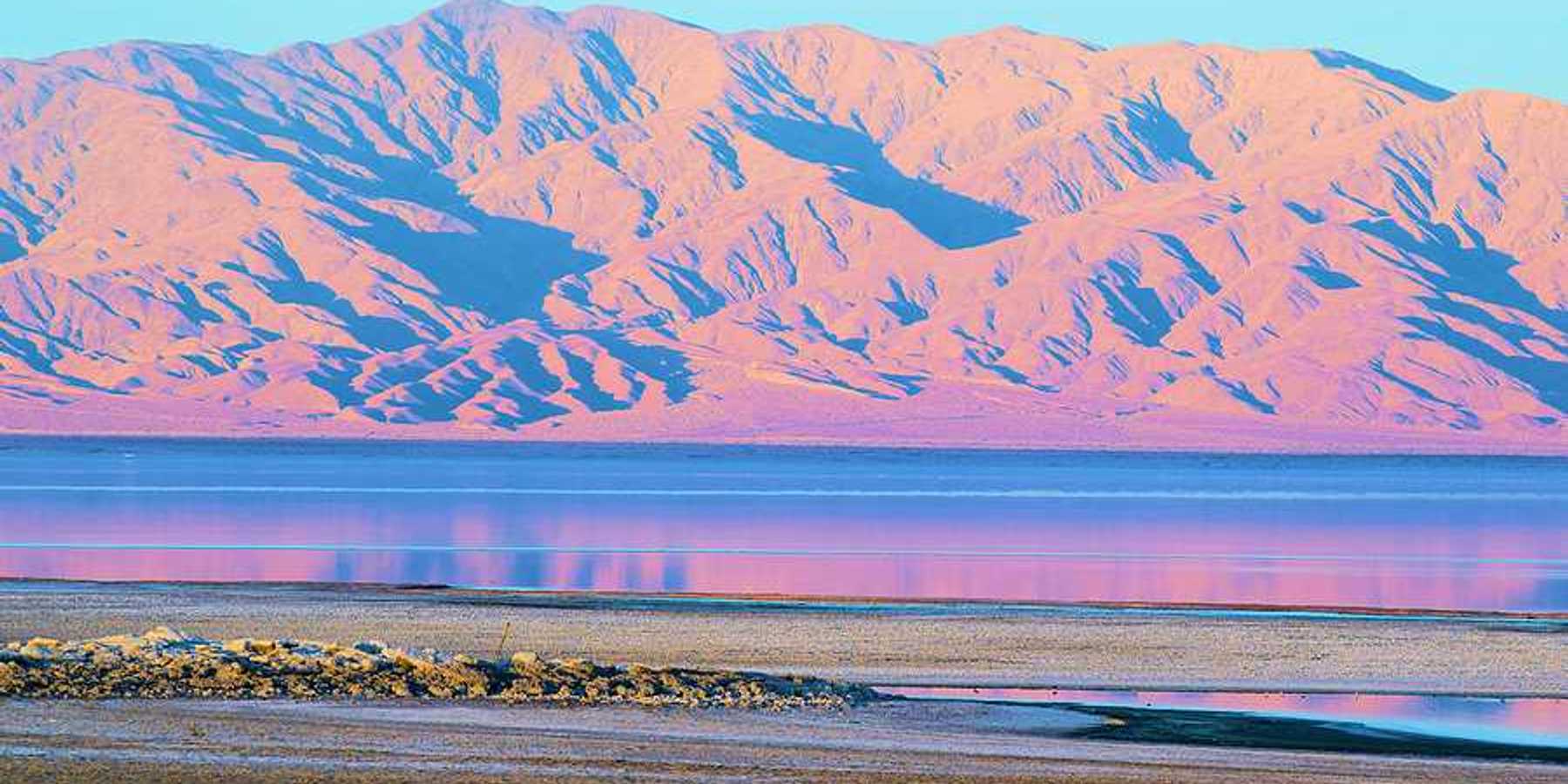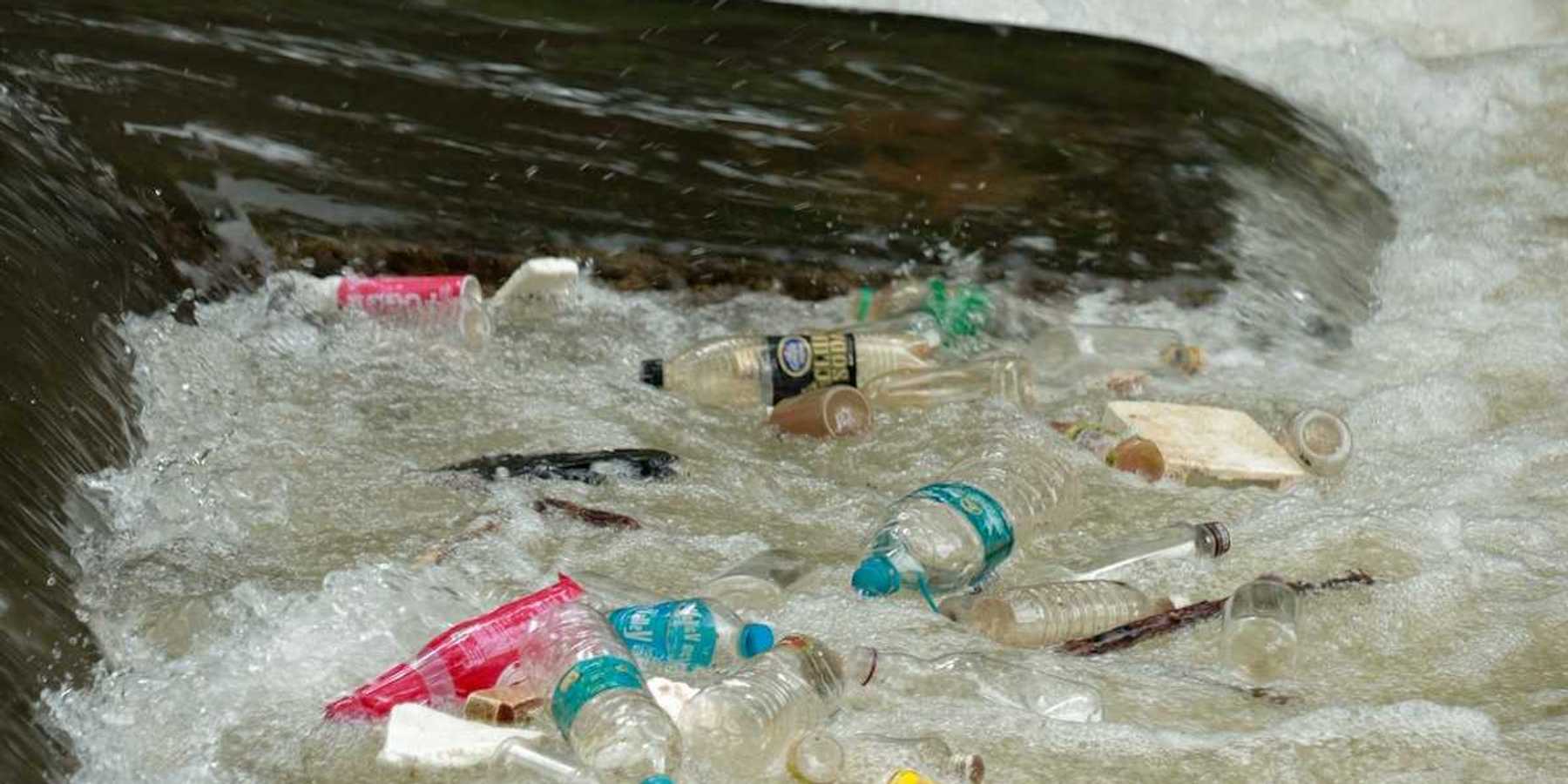Peter Dykstra: A river burns through it
How an iconic environmental symbol grew through the power of myth.
Sometime in the 1980's, I spoke to a crowd of a hundred or so people at Youngstown State University in the Rust Belt city in Northeast Ohio.
I made an obligatory reference to the Rust Belt's environmental Alamo — the burning of Cleveland's Cuyahoga River on June 22, 1969. A young activist I met before the speech stood up, muttered something, and angrily stormed out.
He wrote me later, still incensed. Youngstown's Mahoning River, he said, burned more frequently, and brighter, than the Cuyahoga ever had, but the forlorn Mahoning never got the props that its big city neighbor got.
I wrote back (remember when we used to write each other?), and promised to do more research (remember libraries?) to assuage his wounded civic pride.
Alas, I couldn't find much on the flammable Mahoning – just an impressive legacy of run-of-the-steel-mill filth. But I found that the historic 1969 burning of the Cuyahoga was one of a series of at least a dozen blazes on that river, dating back to when the river was the center of the nascent American oil refining industry in the late 19th Century.
Jonathan Adler of Cleveland's Case Western Reserve University Law School has done the deep dive on this, telling me that just about "any historically industrial river" has burned. And so have a few harbors, like Baltimore's.
Adler suggests that the 1969 fire was the victim, or maybe the beneficiary, of timing, since it coincided with America's late 60's/early 70's environmental awakening. It didn't hurt that Randy Newman, the wry songwriter, penned a Cuyahoga tribute called "Burn On."
"The Cuyahoga River goes smokin' through my dreams" became a snide catchphrase, and a few years later, the Clean Water Act became law.
Richard Nixon presided over that awakening, and he saw the creation of the EPA and NOAA, as well as passage of the Clean Air Act, Endangered Species Act, National Environmental Policy Act, and the CWA.
But hold on a minute: The Clean Water Act actually became law over Nixon's veto – the others happened with his support and signatures. A bi-partisan-ly Green-ish Congress (remember bipartisan?) overrode Nixon's veto, saying that "fishable, swimmable" waterways were indeed worth the billions Nixon didn't want to spend.
The Clean Water Act ushered in some huge improvements in American waterways. Lake Erie, for years teetering on being pronounced a "dead" Great Lake, bounced back.
In the decades since, the CWA has fallen short of restoring all waterways to fishable and swimmable status, but historically dangerous waterways like New York's Hudson and the sewage-clogged Potomac have made a notable comeback — so have the Cuyahoga and Mahoning.
Thanks to another briefly viral myth, cleanliness took its own hit from odd-liness. In 2010, during the epic rise of the Tea Party, conservative media including Rush Limbaugh and Fox News peddled the myth that Barack Hussein Obama was about to outlaw sport fishing by expanding clean water regulation, forcing the White House into backpedaling on an issue where no backpedaling was needed.
Adler and others argue that the worst Cuyahoga blaze may have happened in 1912, when five died, or 1952, when a blaze destroyed a railroad bridge and caused more than a million dollars in damage.
But the comparatively puny '69 spill leveraged its good political timing. A week or so from now, expect a dangerous buildup of 50th Anniversary stories: The Cleveland Plain Dealer is already out of the gates with this one.
In this case, the power of myth has yielded some good results.














